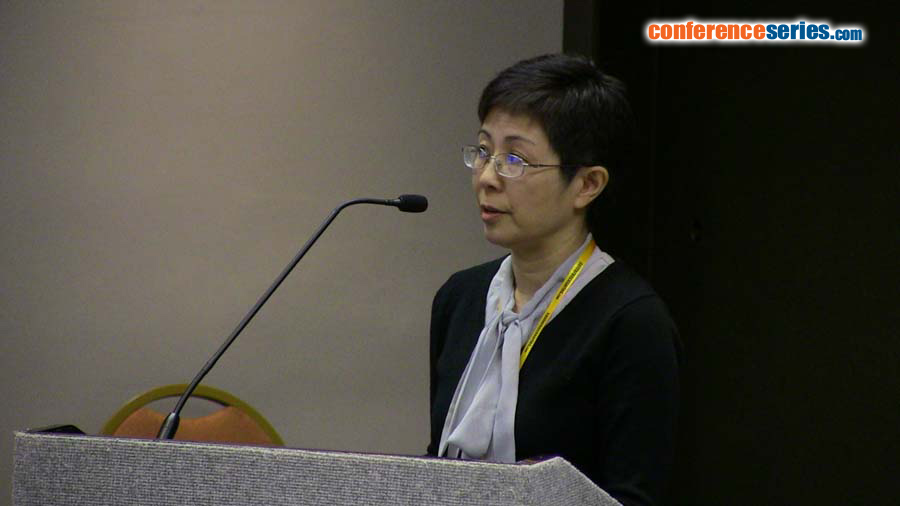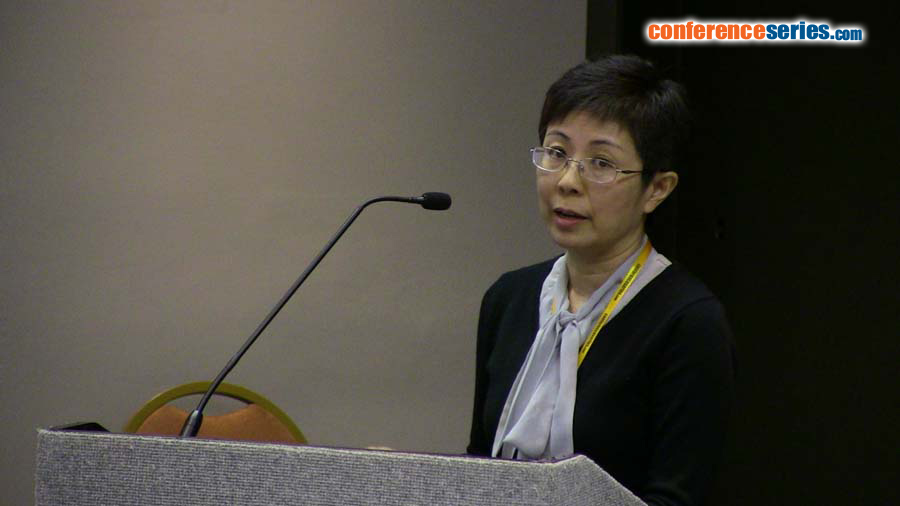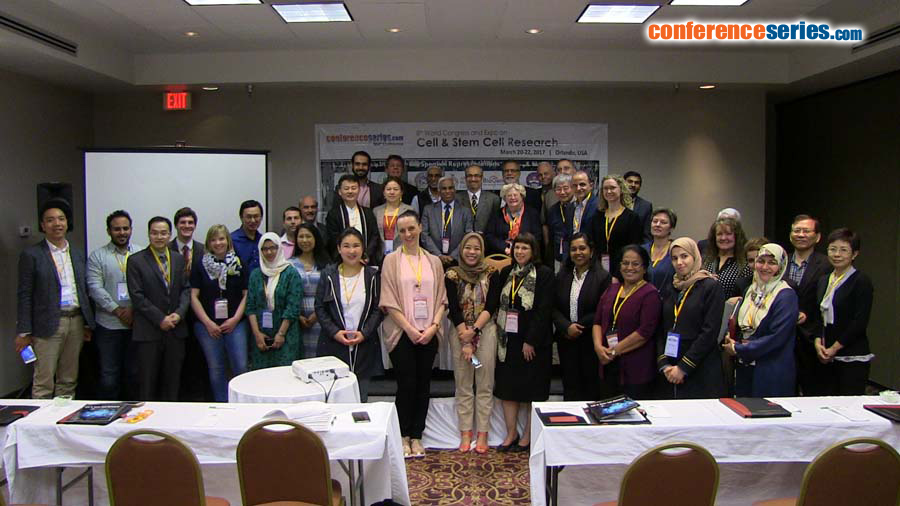
Mei Wan
The Johns Hopkins University, USA
Title: Lineage fate determination of MSCs in tissue repair/ remodeling
Biography
Biography: Mei Wan
Abstract
Recent studies suggest that a sub-population of MSCs, specifically cells expressing nestin, mobilize from their original niches to the vascular remodeling sites after arterial injury in mice. In the present study, we delineated a molecular mechanism by which the lineage commitment/differentiation of nestin+ MSCs is controlled during vascular repair. Using a genetic nestin+ cell lineage mapping mouse model, we found that nestin+ cells recruited to the injured arteries is a contributor to neointimal formation. Nestin+cells recruited to the remodeling sites represent a mixed population, with MSCs as a predominant component. More importantly, we revealed that TGFβ-activated RhoA/ROCK signaling functions as a molecular switch regarding the fate of MSCs in arterial repair/ remodeling after injury. MSCs differentiate into myofibroblasts when RhoA/ROCK is turned on, endothelial cells when turned off. The former is pathophysiologic resulting in intimal hyperplasia, whereas the latter is physiological leading to endothelial repair. Further analysis revealed that MSC RhoA activation promotes formation of an extracellular matrix (ECM) complex consisting of connective tissue growth factor (CTGF) and vascular endothelial growth factor (VEGF). Inactivation of RhoA/ROCK in MSCs induces matrix metalloproteinase-3-mediated CTGF cleavage, resulting in VEGF release and MSC endothelial differentiation. Our findings uncover a novel mechanism by which cell-ECM interactions determine stem cell lineage specificity and offer additional molecular targets to manipulate MSC-involved tissue repair/regeneration.



